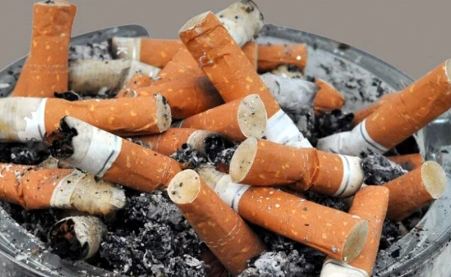ISLAMABAD, MAY 20 (DNA): A recent survey by Islamabad’s Center for Research and Dialogue (CRD) show a significant 18% drop in smoking rates in Pakistan,
linked to rising cigarette prices. This success highlights the effectiveness of high tobacco taxes, a strategy backed by the World Health Organization (WHO).
The survey found a marked decrease in cigarette consumption, with 15% of respondents reporting they cut back due to higher prices. This translates to an
estimated 11 billion fewer cigarettes smoked annually. It’s important to note that Pakistan’s total consumption, ranging from 72 to 80 billion sticks a year,
includes taxed, smuggled and untaxed products.
Survey mentioned while these results are promising, Pakistan still has some of the world’s cheapest cigarettes. This gap highlights the need for further tax
increases to effectively curb smoking.
Survey also said government’s decision to raise FED rates by 146% for cheaper brands and 154% for premium brands in 2023 has been a key factor in the
decline; however these increases, cigarettes in Pakistan remain much cheaper than in countries of south Asia.
Director of CRD, Maryam Gul Tahir, urged the Pakistani government to build on these gains and continue raising cigarette prices to maintain the decline in smoking. “Pakistan has a long way to go in tobacco taxation,” she emphasizes. “Public health must be prioritized over industry interests,” she said.
The World Bank and the International Monetary Fund (IMF) also advocate for stronger taxation, recognizing the link between higher prices and lower consumption.
The recent survey results, coupled with international examples, solidify the case for price hikes as an effective tool to reduce smoking rates.
The CRD survey said as Pakistan moves forward, evidence-based policies promoting public health and fiscal responsibility have become crucial while building on this momentum can lead to a healthier and more prosperous Pakistan. The World Bank recommends a uniform tax structure for all tobacco products to further reduce consumption and boost government revenue. Their estimates suggest a significant revenue increase (0.4% of GDP) if the current tax rate on premium cigarettes is applied to standard cigarettes as well.

















